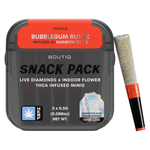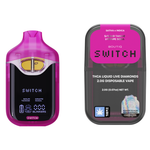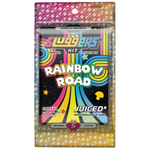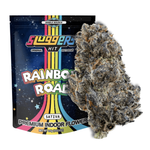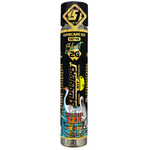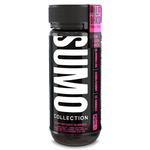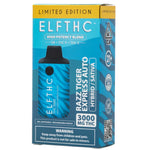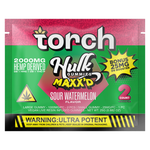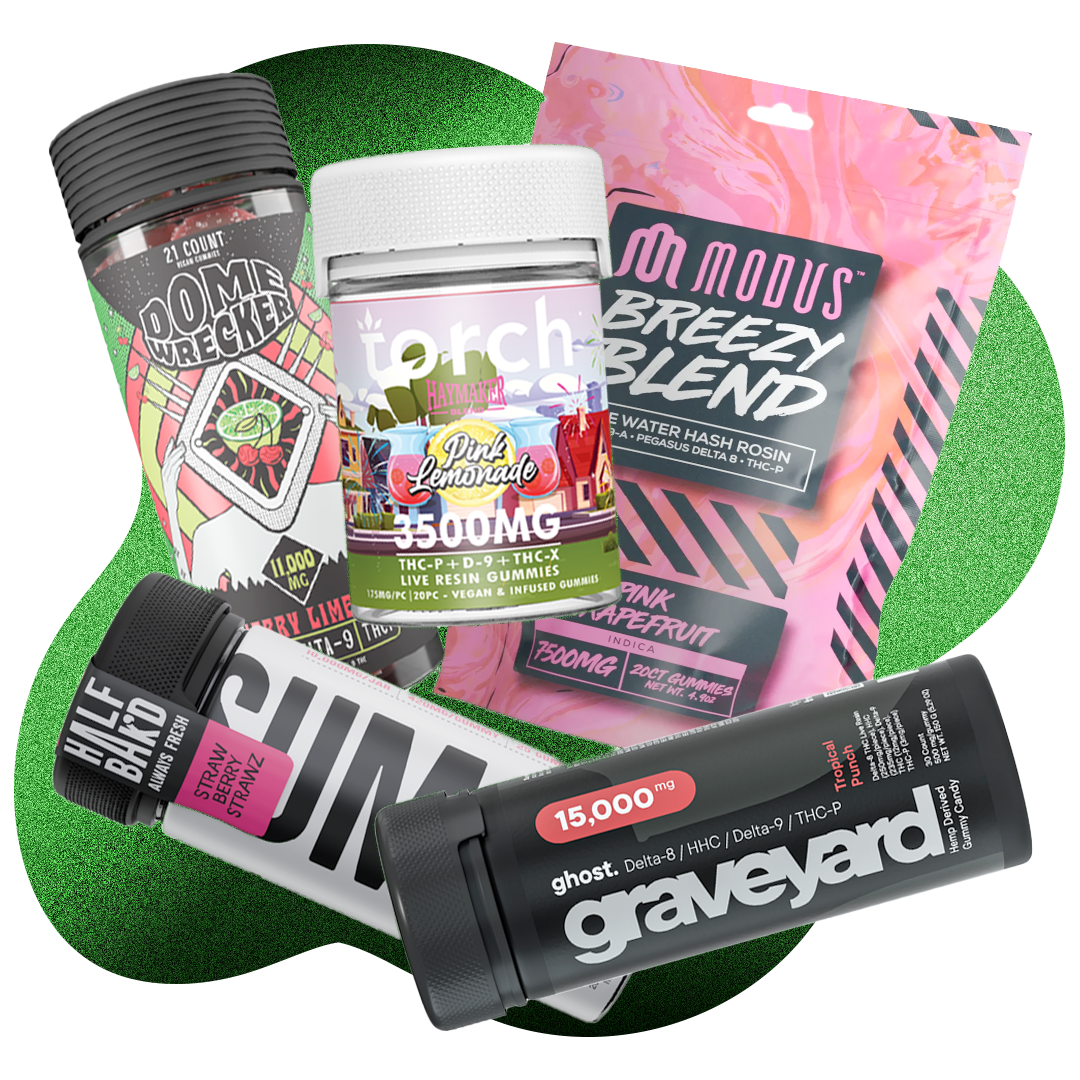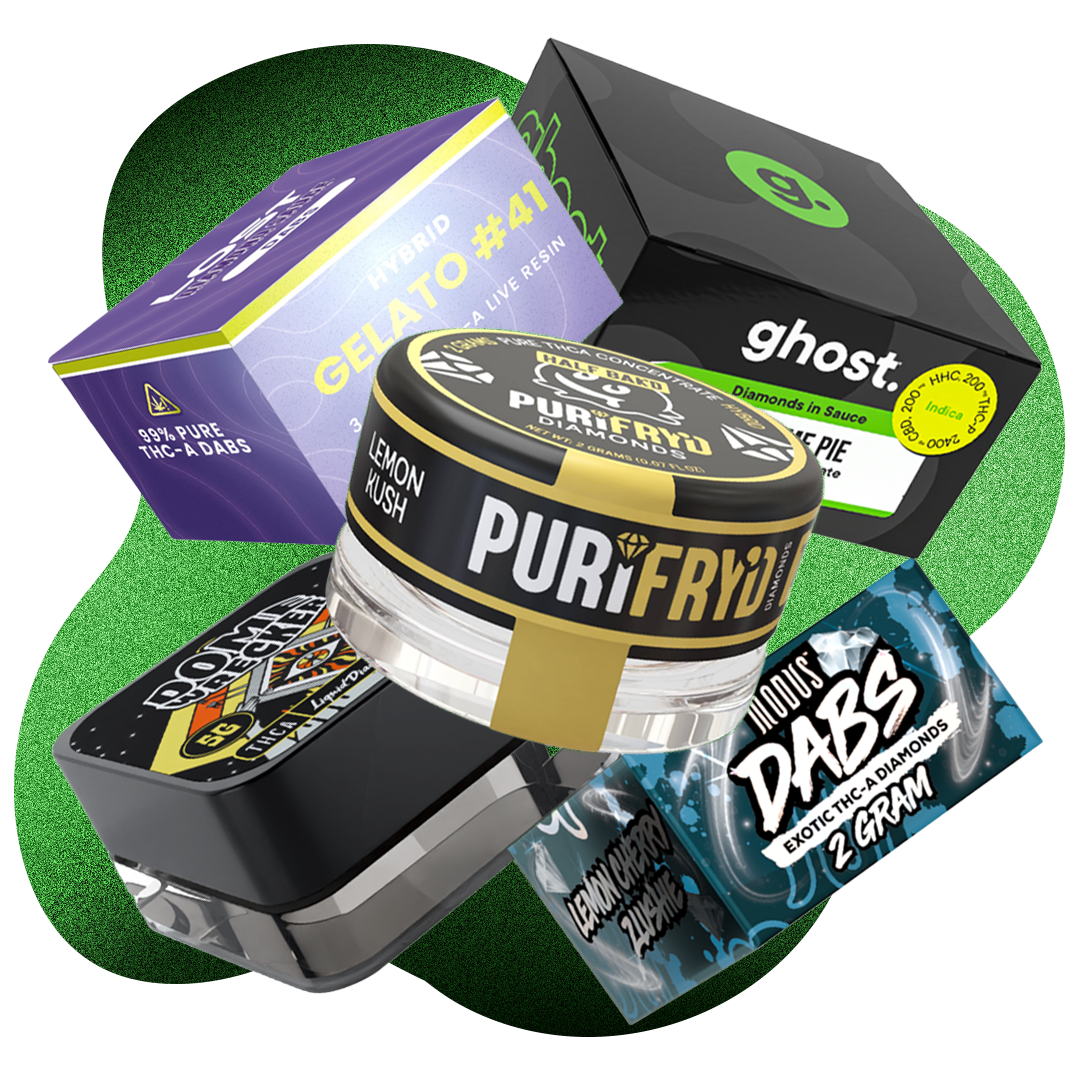Since cannabinoids have become federally legal, new-hemp derivatives have come forth and found their way into the legal marketplace. In the growing line of cannabinoids, which offer a wide range of effects and advantages similar to those connected to THC, HHC brings some new benefits to the table.
HHC is an advanced and hydrogenated version of THC. It has a relatively different structure which increases its stability and bioavailability. It is believed that HHC has similar effects as THC, but researchers are still going on to explore more.
In this article, we will discuss what HHC is and its effects on your body. So let's dive into details without further delay.
What is HHC?
HHC is abbreviated as hexahydrocannabinol. It is a hydrogenated version of THC and occurs naturally in hemp plants. HHC has two hydrogen atoms instead of double bonds in the THC, making it less prone to oxidation. The difficult oxidizing property increases the overall stability of the cannabinoid, causing a long shelf of HHC products.
HHC can be found in hemp plants, but it is present in low quantities. Therefore, many of its products are made synthetically. It is done via hydrogenation in which the naturally occurring THC or CBD are saturated. It is the same process used to convert vegetable oil into margarine.
The first time it was synthetically generated in this manner when a chemist hydrogenated delta-9 THC. After that, it was again researched in the 1960s or 70s, but no extensive studies have been recorded.
How is HHC Different from THC?
Both compounds have an almost similar molecular structure, but there is a key difference that changes their effects and working. The recently popularized cannabinoids delta 7, 8, and 10 are slightly different from the most famous delta-9. They all vary in the location of double bonds in their molecular structure.
Conversely, HHC generates when the double bond is broken and conveniently replaced by hydrogen. The addition of hydrogen makes HHC structurally stable. Due to its strong structure, it can endure heat and ultraviolet exposure better than other THC derivatives.
How is HHC Prepared?
It is a new THC derivative that is made carefully in well-equipped laboratories. The biggest risk of producing HHC involves static electricity. Therefore, it should be produced in a grounded and explosion-free environment.
Its making process is long and is divided into multiple steps. Like other hemp-derived compounds, CBD is extracted from hemp plants, distilled and isolated. This powder-type substance is the base that is then chemically saturated utilizing hydrogen atoms. In the process, the double bond breaks and is replaced by hydrogen atoms. Then it is exposed to catalysts such as nickel and zinc, which assist in converting the cannabinoid into HHC.
The whole hydrogenation process takes place in a chemical reactor and turns into a dark, golden oil which is the actual form of HHC. After that, the oil is refined and distilled, at this point it can be transferred into a usable product.
HHC Potency and Effects
It is a synthetically produced substance, but it is hard to determine its precise potency. When HHC is made, it produces two kinds of HHC molecules, 9S HHC and 9R HHC. The latter is an active compound that conveniently binds to your endocannabinoid receptors and makes you feel high.
On the contrary, the first compound, 9R HHC, has a bit of a complex structure and is harder to bond with receptors. Therefore, it can take much more to show effects, as the ratio of active as well as inactive HHC varies and it is a bit difficult to determine potency.
The active HHC is said to produce similar effects as delta-8 THC. Anyhow, it takes a heavier dose to cause similar effects. Actually, HHC offers THC-like effects when consumed in high amounts. The HHC can be used for multiple purposes, such as to improve mood, relieve stress, reduce pain, sleep better, and encourage appetite. It does not cause excessive highs that many people claim to be suitable for pain and energizing.
Is HHC Legal?
Like other cannabinoid derivatives, the HHC falls into a legal gray area. The farm bill was passed in 2018, and all hemp-derived substances containing less than 0.3% THC are not considered controlled substances. Therefore, they are technically legal.
In case the products originate from substances that have been extracted from hemp plants, the end products are legal. Some people have even said that it has greater legal promise than THC delta varieties because it is not THC in reality. The states have banned delta-8 and delta-10, but HHC is still used in these areas.
The laws change from state to state. HHC seems to remain federally legal under the 2018 Farm Bill, so always exercise caution and be aware of the laws in your state.
Does HHC Show Up On Drug Tests?
A Cannabinoid drug screening test is used to check if the person has consumed THC. When you take the CBD test, the presence and absence of THC-COOH determine if you can pass or fail the test.
HHC is a new synthetically produced cannabinoid that lacks enough testing to prove if HHC will appear in the test. However, an anecdotal report shows that HHC does not show up on drug tests because it does not make the body produce THC-COOH. Considering that HHC is a novel compound if you are often subjected to drug testing, it is suggested to avoid any kind of THC.
Final Verdict
HHC is one of the newest hemp-derived cannabidiol making waves in the medical industry. Its unique molecular structure offers a plethora of promising features. Hydrogen atoms in the structure ensure a longer shelf life and psychoactive effects that do not appear on a drug test.
HHC is available in a wide range of cannabinoid products as it contains less than 3% THC, which is legal under the 2018 Farm bill. However, you need to use it cautiously to avoid side effects.


